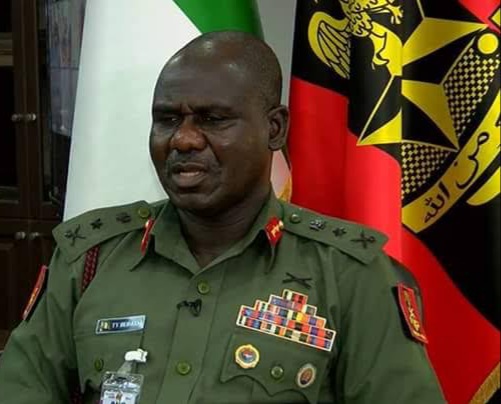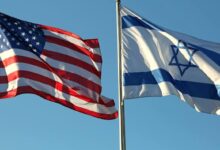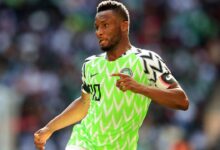Nigeria Still Holds Grudges Against Ndigbo, Says Gen. Ijioma
Major General Ijioma Nwokoro Ijioma (retd.) has expressed deep concern over what he described as Nigeria’s continued exclusion of the Igbo people (Ndigbo), 55 years after the end of the civil war.
Speaking at Ikengaonline’s – July town hall meeting, the retired general said that despite the Ndigbo’s consistent efforts to prove their loyalty to the Nigerian state, the rest of the country remains hesitant to fully accept them.
“Our people at the end of the war wholeheartedly wanted to be reintegrated into Nigeria and have done everything possible to convince Nigerians that we are Nigerians, but I want to observe that despite these efforts, it seems that there is an agreement by Nigerians that the war hasn’t ended,” he lamented.
General Ijioma accused the Nigerian state of continuing to treat the Igbo like outsiders and “conquered enemies.” He said his experience in the military, where he rose to the rank of Major General, only reinforced his belief that Ndigbo are still not fully accepted.
“Nigeria is still at war against Ndigbo. My 33 and half years in the Army rising through the ranks to a Major General, has taught me that the rest of Nigeria have not forgiven Ndigbo.” He compared Nigeria to a family where a group of weaker siblings gang up on a stronger one, stripping him of his rights and benefits.
Calling out Igbo political elites, especially governors from the South-East, he criticized their failure to stand up for the region’s interests.
“Ndigbo must unite to overcome the gang-up against them. It’s a conscious effort. Our exclusion from the politics of Nigeria is a deliberate effort.”
The general pointed to the unequal presidential representation, highlighting how the Igbo have been sidelined for decades, while other regions have enjoyed multiple turns, in his speech, he made it clear that Nigerians are still not pleased with the Ndigbo – which is why they are being drawn back politically as if they are an outsider or an enemy the real Nigerians have conquered but still allow them to live and survive if they can within the country.
Expressing his concern, he made it known to all that Ndigbo is part of Nigeria and they should stop treating them like they are not one.
“If President Tinubu runs his second course in 2027, that will be eight years. Then add it to eight years of former President Obasanjo, making it 16 years for the Yoruba nation. Add it to the six years of Jonathan, and eight years of Buhari, that is 30 years… By 2031… you are talking about a total of 38 years of continued exclusion of Igbo from the Nigerian presidency.”
Despite Nigeria’s suspicion of the Igbo, Ijioma emphasized that no ethnic group is more committed to the country’s unity. “We fought because we had a just cause. I don’t know why Nigeria is so afraid of Ndigbo… In theory and in practice we are the true Nigerians.”
He pointed out how Igbos invest and develop in other regions, including owning large portions of real estate in Lagos and other cities, a sign of their dedication to national unity. On leadership within the Igbo community, Ijioma blamed the erosion of values and the rise of leaders lacking integrity as a major reason for the region’s political setbacks.
“You see people following people who ordinarily do not have the integrity to be called leaders.” He urged the Igbo masses to hold their representatives accountable and shift from personal gains to collective interest, warning that failure to do so would prolong their political wilderness.
Looking back, he identified 1956–1966 as the most vibrant era for Ndigbo politically, referring to it as their “golden age.” In contrast, he described the 2015–2025 period as the most damaging in terms of exclusion from national leadership.
As for the way forward, Ijioma called for self-reflection, unity, and a renewed sense of purpose among Ndigbo. “But there is hope. The hope is that Ndigbo will do a self-finding, self-re-evaluation to be able to do the whole of the united front.”
He closed with a challenge, asserting that with 65 million Igbos out of Nigeria’s 200 million, the region could produce a president if it unites and secures minimal support from other parts of the country



